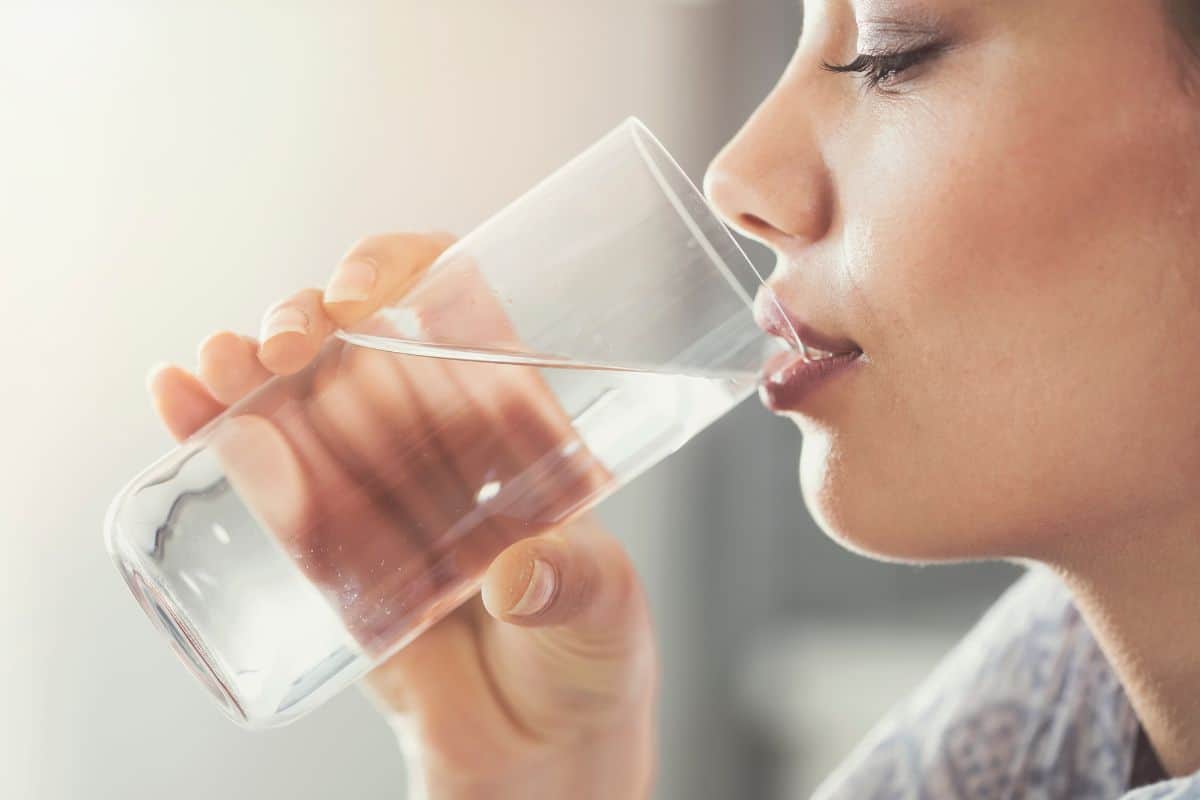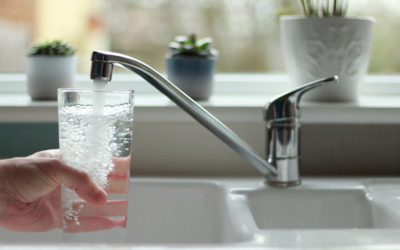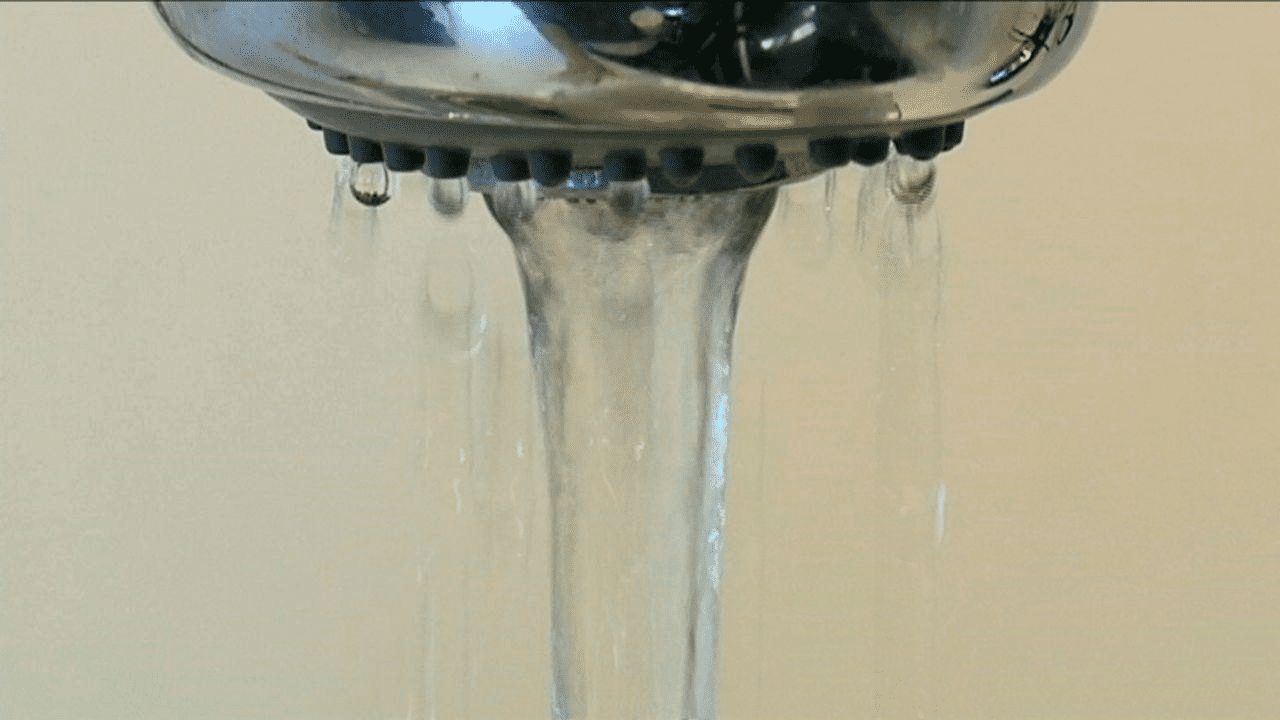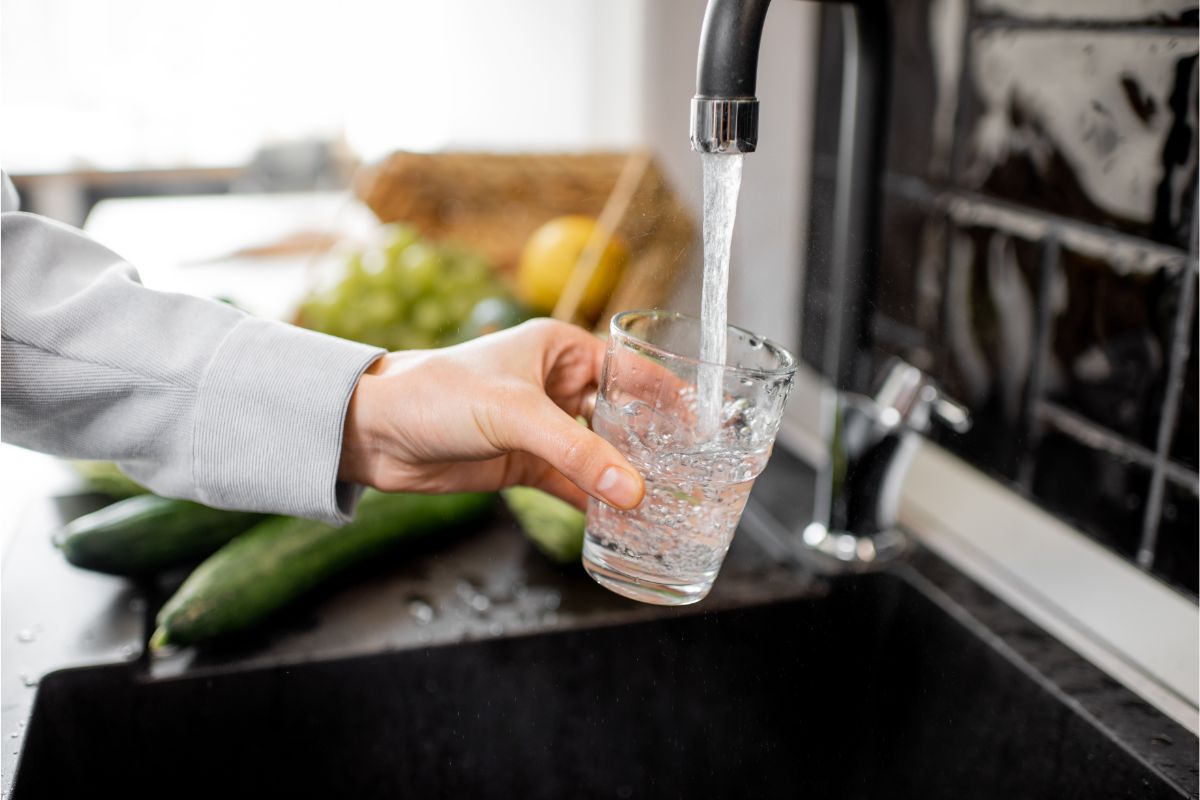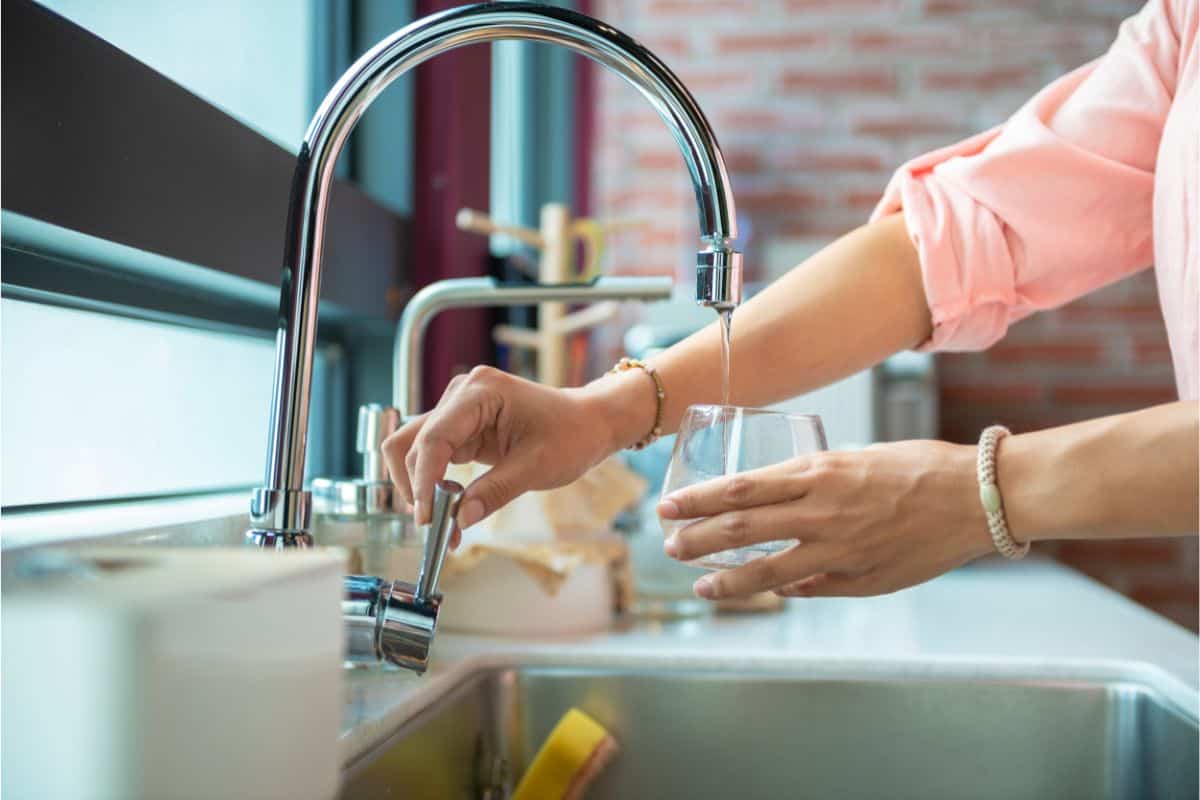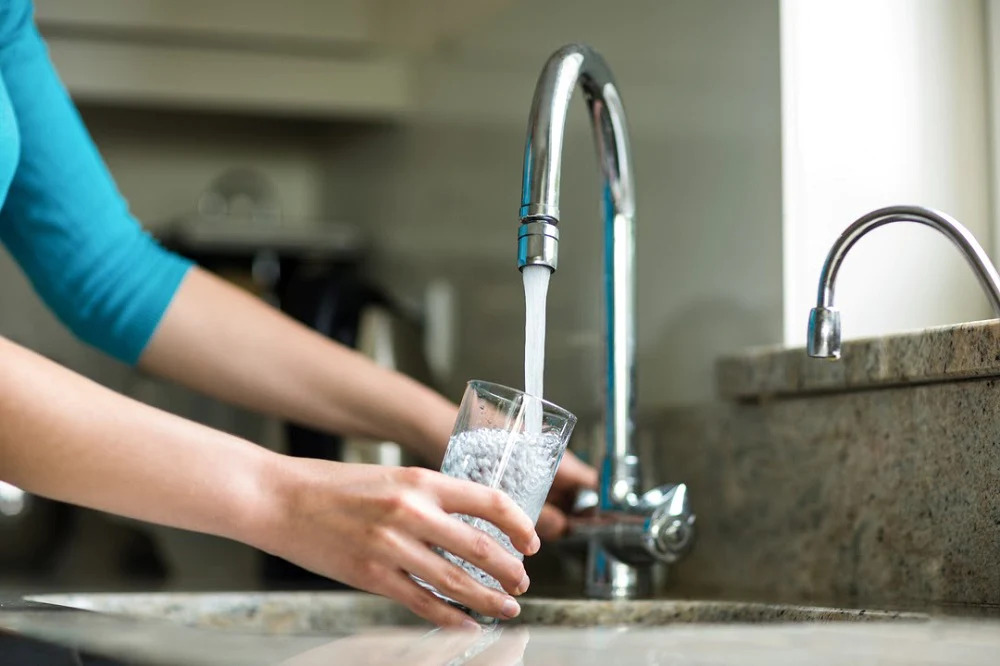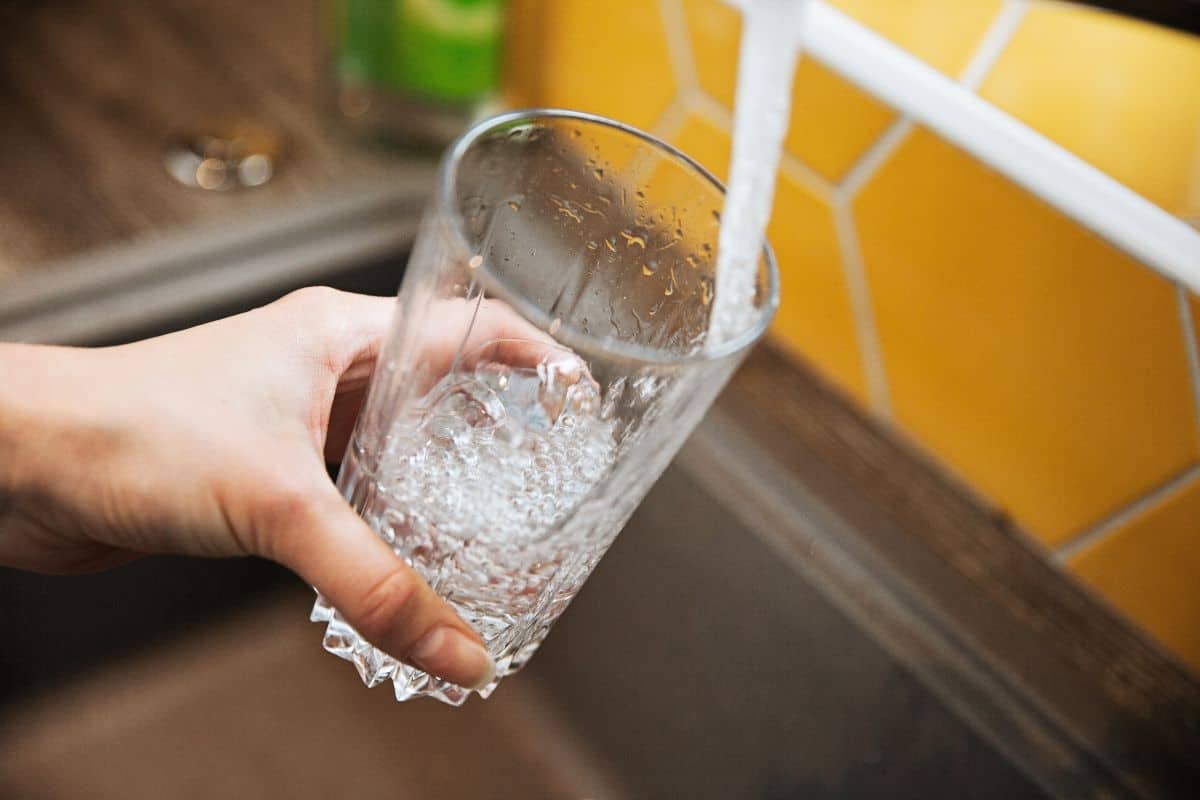The last thing you want to find out on any trip is that the tap water in the city you are visiting is undrinkable. Not planning for this event can ruin a trip and cost you a lot of money buying bottles of water instead – so before your trip to Dallas, it’s best to check if the tap water is safe to drink.
This is an especially important thing to plan for as Dallas is known to have long periods of excessive heat which can lead to dehydration and water shortages – so it’s best to plan ahead!
So, find out here if you can drink the tap water in Dallas or if it is deemed unsafe for human consumption.
No products found.
No products found.
Contents
Is the tap water in Dallas safe to drink?
Thankfully, the tap water in Dallas is deemed safe to drink.
This means that the tap water in this city meets all the legal standards and requirements set by the Environmental Protection Agency (EPA) and others to ensure that the water supply is of a high quality.
In fact, the State of Texas has even said that Dallas has the best public water system in the whole state – so Dallas is one of the best cities to drink tap water from in Texas! You can compare our Austin tap water, Houston tap water and Orlando tap water guides to understand more about drinking water quality across the state.
However, if you have immune problems that make you vulnerable to diseases and bacteria, it’s best to consult with your doctor first before drinking tap water in Dallas.
This is because some samples tested have been susceptible to certain parasitic contaminants that can cause an illness known as cryptosporidiosis. Although this illness is not deadly to the average person, those who are vulnerable could become seriously ill.
So check with your doctor first!
Dallas’s 2021 water quality report
In 2021, Dallas released its annual report into the water quality in its city. This is a standard set by EPA and every year, Dallas will release its findings to ensure the public that the water supply is still fit for human consumption.
So, if you are planning your trip in the far future, you can still check Dallas’s City Hall website for its latest water quality check.
As of 2021, Dallas is currently awarded with Texas’s ‘Superior’ rated water system – making it the highest ranked water system in the state.
Dallas’s water quality meets or exceeds all the areas set out by EPA and other state requirements, deeming it safe to drink.
Dallas sources its water supply from seven different lakes and rivers around the city. This includes the Elm Fork of the Trinity River, and lakes Lewisville, Ray Hubbard, Ray Robers, Fork, Grapevine, and Tawakoni.
The water sourced from these areas do carry contaminants but they are cleansed from the water supply before it is pumped into the distribution system and ends up in Dallas homes and faucets.
In fact, there are several processes that are used to purify Dallas’s water including a filtration disinfection, coagulation sedimentation, and general disinfection.
As a result, all kinds of contaminants are purged from the water supply. These include microbial contaminants (which includes viruses and bacteria), inorganic contaminants (salts and metals), pesticides, herbicides, and organic chemical contaminants.
By the time the water reaches the faucets in Dallas, a vast majority of these contaminants are filtered out and whatever levels are left are too low to have any impact on your health. However, there is one exception – cryptosporidium.
Risks to vulnerable people
In Dallas, there is one microbial contamination that is more susceptible to certain samples of tap water. This means that you are more likely to drink it and become ill, even if this is a rare event to begin with.
The microbial contamination is called cryptosporidium and it is the parasite that causes the diarrheal disease cryptosporidiosis.
This disease can be serious for those with weak immune systems such as infants, the elderly, and those undergoing certain medical treatments.
As a result, the city of Dallas recommends that all those with weakened immune systems first consult their doctor or physicians before drinking tap water. This way, you can keep yourselves safe from unnecessary risks.
Becoming ill from cryptosporidiosis after drinking tap water is a rare event in any case but the city still needs to make their warning clear to protect their visitors and citizens.
Metal contaminants in Dallas’ water
Two contaminants that can affect the water supply in Dallas after its filtration process is copper and lead. These two metals are sometimes present in plumbing and pipes used to carry clean drinking water into people’s homes and buildings.
If water is left to sit in these pipes for too long, then sometimes the metal can ‘leak’ into the water and slightly contaminate the water.
This is unlikely to happen in such large quantities to be hazardous to your health, but if you want to avoid drinking as much stagnant water as possible, it’s best to run your faucet for thirty seconds before you drink the water.
This is so the water that has most likely been sitting the longest and thus will contain the most copper or lead will be washed away.
Dallas City is not responsible for these contaminants as they occur after the water’s purification and so, it’s down to you whether or not you take the extra precautionary step to avoid consuming these small amounts of lead or copper contaminated water.
### Recent Concerns About Dallas, TX Tap Water Quality
Recent concerns have emerged regarding the quality of tap water in Dallas, TX, primarily focusing on contamination issues that have raised public health alarms. In particular, elevated levels of lead and other contaminants have been detected in certain areas, prompting investigations and responses from local authorities. The Dallas Water Utilities (DWU) has confirmed the presence of lead in the water supply of older neighborhoods, where aging infrastructure is a contributing factor. Additionally, there have been reports of discolored water due to increased sediment and mineral deposits, which have affected the taste and odor of the water.
In response to these issues, the city officials have initiated measures to address and rectify the situation. These actions include increasing water quality monitoring, replacing old lead service lines, and providing residents with water filters as a temporary solution. The Environmental Protection Agency (EPA) and the Texas Commission on Environmental Quality (TCEQ) are also involved in ensuring compliance with safety standards and assisting with remediation efforts.
Residents are encouraged to stay informed through official city updates and to report any unusual changes in their water quality. Continued testing and infrastructure improvements are underway to ensure the safety and reliability of Dallas's water supply.
Dallas Residents Concerned About Lead in Water Supply
https://www.dallasnews.com/news/2023/08/15/dallas-residents-concerned-about-lead-in-water-supply
City of Dallas Responds to Water Quality Complaints
https://www.nbcdfw.com/news/local/city-of-dallas-responds-to-water-quality-complaints/3298347
Texas Commission Investigates Water Quality in Dallas
https://www.texastribune.org/2023/09/10/texas-commission-investigates-water-quality-dallas
EPA to Assist Dallas in Water Quality Improvements
https://www.epa.gov/newsreleases/epa-assist-dallas-water-quality-improvements-2023
Final thoughts
So, Dallas’s tap water is indeed clean and safe to drink. It meets and exceeds the areas set by federal and state standards, making the best city in Texas for clean drinking water.
However, you should run the faucet for thirty seconds before drinking the water to avoid lead or copper contamination from the plumbing, and always check with your doctor first if you have a weakened immune system. You can also buy faucet water filters to remove the said metals. Chat with a plumber for more advice on Dallas water filter installation.
Overall, however, Dallas is one of the best cities for clean water – so whether you live there or are just visiting, you can safely drink the tap water in peace.
No products found.
